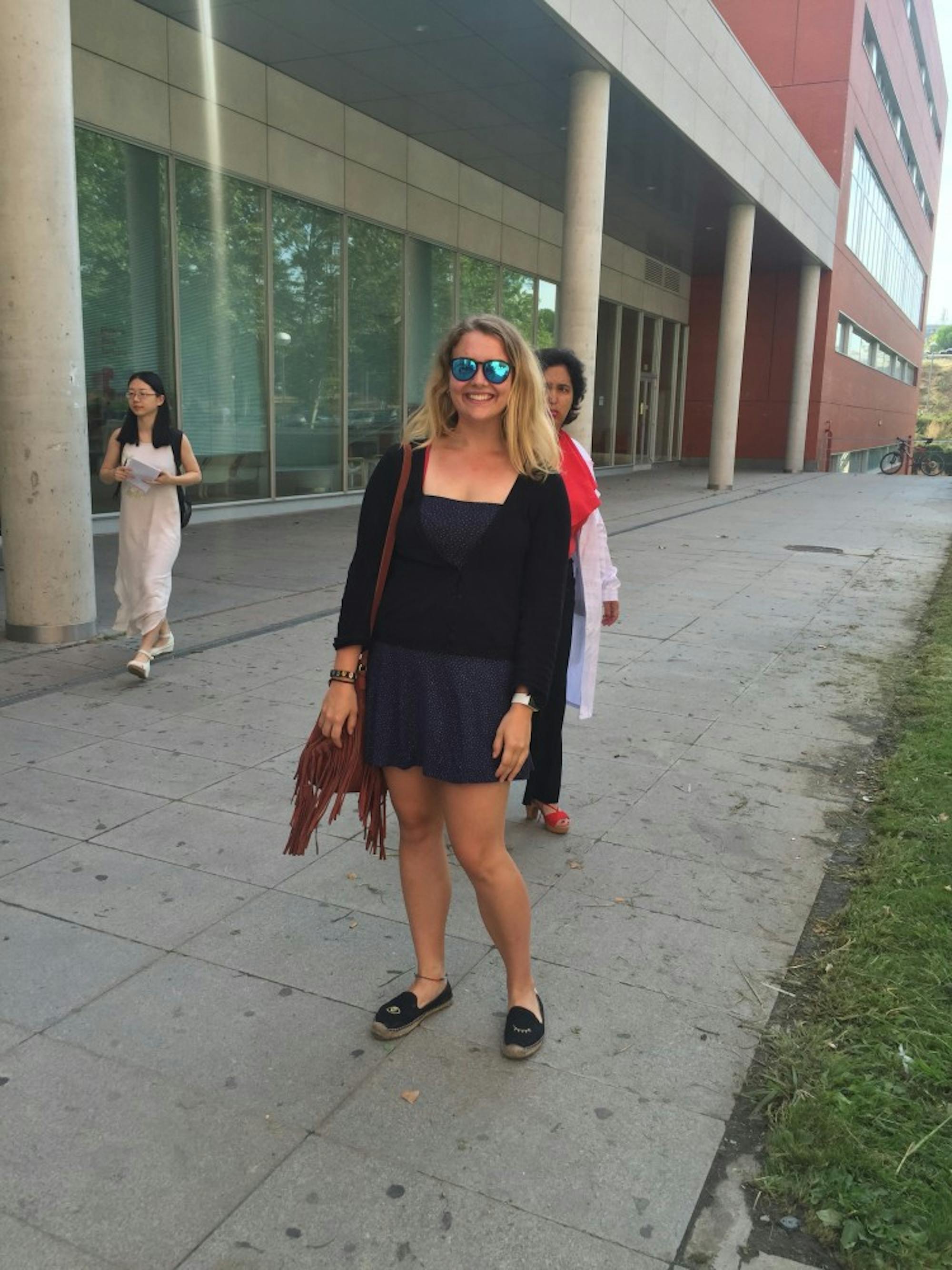I am sure many of you have taken a leap of faith and applied to study abroad. The application deadline was Feb. 1. If you didn’t, I recommend that you do next year. My two terms abroad, in Spain and Cuba, have been my richest learning experiences at Dartmouth. However, merely signing up for a program is not enough. It is up to you to maximize your time abroad.
My first term abroad was the Madrid foreign study program, run by Dartmouth. The FSP is a popular option. On my program, there were 13 women and our Dartmouth professor. We spent the term at the Complutense University of Madrid — a university founded in the 13th century. The Complutense is the birth place of many political activists in Spain. If Dartmouth is known for conservatism, the Complutense is known for radical leftist politics. It is an exciting place and is the largest university in Spain with an astonishing 70,000 students undergraduates compared to Dartmouth’s 4,400.
You would think that getting lost would be easy. However, the FSP’s structure never gave us a chance to get lost. I thought this was a shame given that true immersion is not possible without getting lost, without having to forge your own way. Instead, our professor shepherded us to our classroom, and that is where we were taught for the entire term.
In my experience, the program’s configuration, the FSP “safety net,” was more suffocating than liberating. However, it is up to each student to make the most of studying abroad in a foreign country. My advice is to not rely on others to design what is ultimately your own experience. Dartmouth deals with the logistics, which gives you the liberty to focus on exploration, not organization.
Cuba, unlike Madrid, was an exchange program at the University of Havana. It is run by Brown University and is not Dartmouth affiliated like the FSP was. Exchange programs grant students more independence. They are ideal if you are a seasoned traveler, or have studied abroad before. No matter whether you go on an FSP, a language study abroad or an exchange, the first few weeks will be uncomfortable. That is normal. Opportunities abound, and it can be hard to know where to begin. Once you feel oriented, go out of your way to meet students from the country. This is especially beneficial if you are trying to develop your language skills. Now is the time to practice extraversion. Who cares if you embarrass yourself? It’s not Dartmouth. If you don’t want to, you’ll never have to see them again. Cosmopolitan life grants you enough anonymity to take social risks. I do not advocate taking literal risks. I advise you to visit new places with a friend. At the very least, always make sure someone knows your location; my iPhone’s “Find My Friends” app was very useful.
Although I found the insularity of the Madrid program disappointing, there are always ways to meet locals. Many bars host language nights. You wear two flags: the first of your country of origin, to signal your native tongue, and the second of the country whose language you wish to practice. Another great way to meet new people is to join a local sports team. This was a great “in” for the American students in Cuba who could bond over the universal culture of “fútbol,” or soccer. If, like me, you are a “NARP” (non-athletic regular person) and sports are not your preferred activity, there are myriad other ways of meeting new people. Volunteer — find a local project to involve yourself in. Investigate what extra-curricular clubs your host university offers. Oftentimes, there are conversation clubs. If you are a language student, take a look at www.conversationexchange.com, where you can find other people to practice with, either online or in person. I have used it before to find Spanish speakers in my hometown trying to learn English. If you want to go the extra mile, I suggest finding Dartmouth alumni who are residents in the area and touching base with them.
You could also use social media to find out what’s going on — Facebook events and Eventbrite are two of my favorites. If you study abroad in Europe, the Erasmus Student Network is a great resource listing a calendar of events targeted at international students. (ESN also has many useful codes for student discounts!)
A term abroad is the perfect time to pursue new interests. In Madrid, I spent a lot of solitary time in the gym. I regretted this and so, in Cuba, I joined a MMA (mixed martial arts) class, which was much more social. Anticipate free time, and fill it mindfully. Above all, avoid doing things you could do anywhere (such as, say, spending time alone in a gym!).
My greatest regret from Madrid was never meeting a single student from the actual university. If memory serves me correctly, none of us befriended any Spanish students. In spite of being 3,000 miles from campus, the Dartmouth bubble remained intact. Many people seemed more enamored with tourist-centric nightlife rather than seeking out places popular with locals. But at the end of the day, you are responsible for removing yourself from this stifling bubble.
For those of you who have made the decision to study abroad, congratulations on taking the first step. Now is the time to indulge your curiosity and satisfy your appetite for adventure. Wherever you end up, take a leap of faith and embrace the new territory.

Courtesy of Alexandra Eldredge




